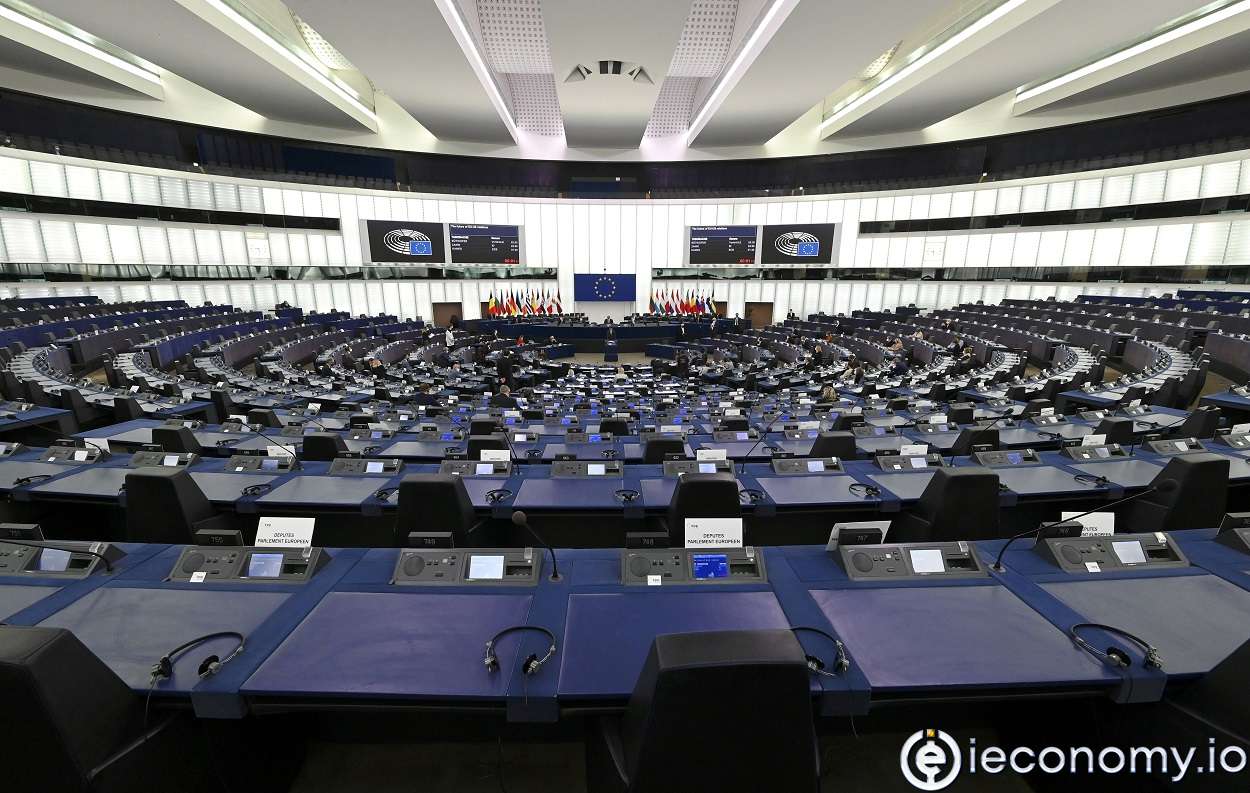4871
0
EU discussed how to mitigate the effects of soaring gas prices
EU discussed how to mitigate the effects of soaring gas prices. In two days, the price of natural gas increased by about 60 percent.

Yazar: Tom Roberts
Yayınlanma: 6 Ekim 2021 22:28
Güncellenme: 20 Şubat 2026 19:50
EU discussed how to mitigate the effects of soaring gas prices
On Wednesday in Strasbourg, MEPs discussed with EU and European Commission representatives how to mitigate the effects of soaring gas prices on consumers and businesses and overcome the current crisis. EU Energy Commissioner Kadri Simson said energy prices were back on headlines after more than a decade of declines, with gas prices reaching record highs in October and wholesale electricity prices rising by more than 200 percent in the first nine months of this year. The EP Commissioner pointed out that the European Union must respond quickly and in a coordinated manner. In her speech, she focused on the available measures that the European Commission will present next week, through which EU Member States can already help vulnerable households and small and medium-sized enterprises. According to her, the European Commission will present a proposal to reform the gas market by the end of this year in order to increase its resilience to rising prices. During the debate, MEPs called for an inquiry to help determine what impact market manipulation by state and non-state actors and speculation on the carbon market has had on the current rise in energy prices. Several legislators have called for immediate action to protect the most vulnerable from rising energy bills, which could exacerbate Europeans' energy poverty. Polish MEP and former Prime Minister Beata Szydlová recalled that the Nord Stream 2 pipeline was also the reason for the increase in gas prices in Europe and called on the EU to reconsider its energy policy. During debates on the subject, MEPs also spoke in favor of strengthening gas storage capacity in Europe, calling for the launch of joint, and therefore cheaper, gas purchasing programs, which should be inspired by the recent joint procurement of vaccines. Cristian-Silviu Bušoi, Romanian MEP and Head of the EP Committee on Industry, Research and Energy (ITRE), who is the rapporteur for the matter, praised the European Commission's idea of creating a comprehensive and harmonized approach to gas imports in the EU market, including a common platform and joint negotiations with external suppliers. He described the Russian concern Gazprom as the most important and at the same time "most dangerous" supplier. According to some MEPs, the European Green Agreement needs to be used to improve energy security and strengthen the EU's energy independence. Other legislators have criticized the current market approach to energy and market speculation, which they say are responsible for the current crisis, and called for an energy price cap.İLGİLİ HABERLER





European stocks soared and focus shifted to German retail sales after Powell's speech!

Forex Signal For TRY/USD: Inflation Slowdown in November.

Forex Signal For GBP/USD: Bullish Trend Still Not Breaking While Recovery Continues.

Forex Signal For EUR/USD: Starry US Data Points to Higher Fed Increases.

Forex Signal For BTC/USD: Downside Continues as Bitcoin Recovery Moves Less.
En Popüler Haberler
Yorum Yap
Yorumlar
Henüz yorum yapan yok! İlk yorumu siz yapın...